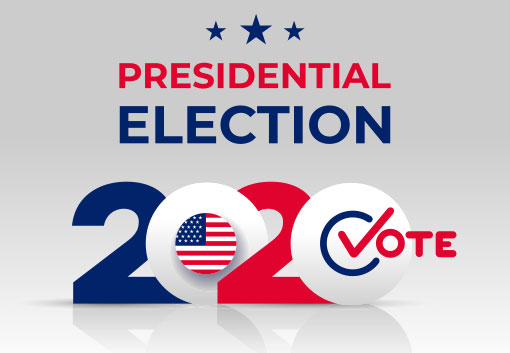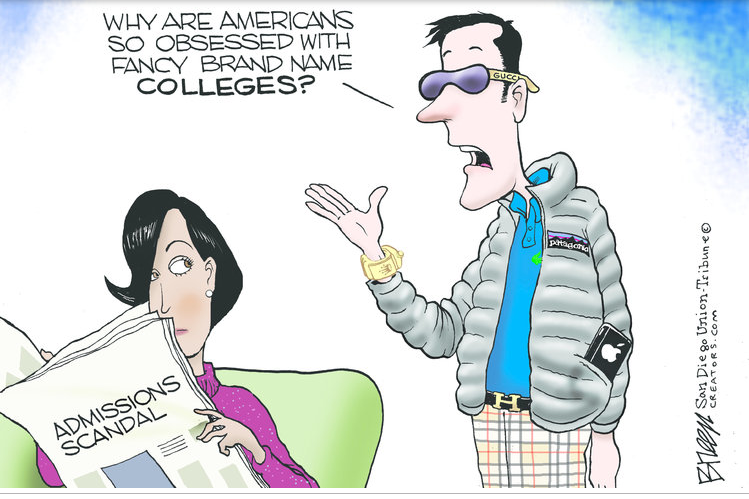 Often as I scour the web I find articles I want to share with my parent readers. Apart from tweeting about them and pinning them, this week I would like to highlight them on my blog in hopes that you will examine them further and gather some helpful information.
Often as I scour the web I find articles I want to share with my parent readers. Apart from tweeting about them and pinning them, this week I would like to highlight them on my blog in hopes that you will examine them further and gather some helpful information.
Following are five must-read articles for parents of the college-bound.
1. On education policy and what Obama left unsaid in the State of the Union
The Washington Post Education section found two things missing from the State of the Union address this year. The first was any rhetoric about fixing the One Child Left Behind law and the second was related to colleges raising tuition prices.
On higher education, Obama in his 2012 and 2013 addresses warned colleges that they must act to contain rising tuition.
In 2012, he said: “We can’t just keep subsidizing skyrocketing tuition. We’ll run out of money. States also need to do their part, by making higher education a higher priority in their budgets. And colleges and universities have to do their part by working to keep costs down.”
In 2013, the president said: “But taxpayers can’t keep on subsidizing higher and higher and higher costs for higher education. Colleges must do their part to keep costs down, and it’s our job to make sure that they do. So, tonight, I ask Congress to change the Higher Education Act so that affordability and value are included in determining which colleges receive certain types of federal aid.”
This year, the language was much less pointed.
Read More: http://www.washingtonpost.com/local/education/on-education-policy-and-what-obama-left-unsaid-in-the-state-of-the-union/2014/01/30/f48a5288-89c3-11e3-916e-e01534b1e132_story.html
2. Many colleges are misleading students about financial aid requirements
A prominent House Democrat, Rep. Elijah Cummings, said that some universities are requiring students to complete additional forms besides the FAFSA to be eligible for financial aid.
. . . more than 100 colleges and universities, including some in the nation’s capital, are providing students with unclear or potentially misleading information about what forms they must submit to apply for federal financial aid.
Often colleges require students to submit additional forms — which carry a fee — to qualify for grants from the institutions themselves or from other entities.
But too often, Cummings said, universities fail to spell out clearly what is required for which type of aid. He said that failure can leave students with the false impression that FAFSA is not the only application needed for federal aid.
“Congress banned this practice in 1992 because it creates undue hurdles for students seeking federal student aid,”
Read More: http://www.washingtonpost.com/local/education/congressman-many-colleges-are-misleading-students-about-financial-aid-requirements/2014/02/03/c5bcf13a-8d16-11e3-833c-33098f9e5267_story.html
3. Community College enrollment drops
Surprisingly, as the economy begins to rebound, community college enrollment is dropping. Many believe community college is considered a low-cost alternative to university expense.
Nationally, community college leaders are worried that falling enrollment will squeeze their revenue. Some, like their counterparts at four-year colleges, are searching for “enrollment management” strategies to bolster their bottom line.
“These enrollment drops are of great concern as colleges try to balance their budgets,” David Baime, senior vice president for government relations at the American Association of Community Colleges. “I have talked to a number of presidents who are making difficult decisions.”
Read more: http://www.washingtonpost.com/local/education/data-on-community-college-enrollment-drop/2014/01/23/6ac258a4-8435-11e3-8099-9181471f7aaf_story.html
4. How colleges define merit aid
A group of college presidents went to the White House Thursday to talk about new efforts to attract more low-income students to higher education, admissions leaders gathered here and talked about how they define merit.
When colleges say “merit aid,” in this context, they mean “a student or family with sufficient means to pay for college education but they want to get a good deal and they want bragging rights,” she said. “So-called merit aid is awarded neither because the student has earned it nor because we are meeting the objectives of our colleges.”
Read more: http://www.insidehighered.com/news/2014/01/17/admissions-leaders-gather-and-consider-how-define-merit
5. High school follows you
A new study suggests that high school grades have a greater effect on college grades than you might think. A poor high school student is more likely to struggle in college.
The study by the National Bureau of Economic Research examines the college grades of students admitted to the University of Texas at Austin through the “10 percent program” in which the top students at every Texas high school have been guaranteed admission (although the percentage has been reduced somewhat since the plan was created).
The study found that the quality of high school is a key predictor of grades in college, not only in freshman year, but continuing into the sophomore and junior years as well.
Read more: http://www.insidehighered.com/news/2014/01/27/study-finds-impact-attending-poor-high-school-follows-one-college











